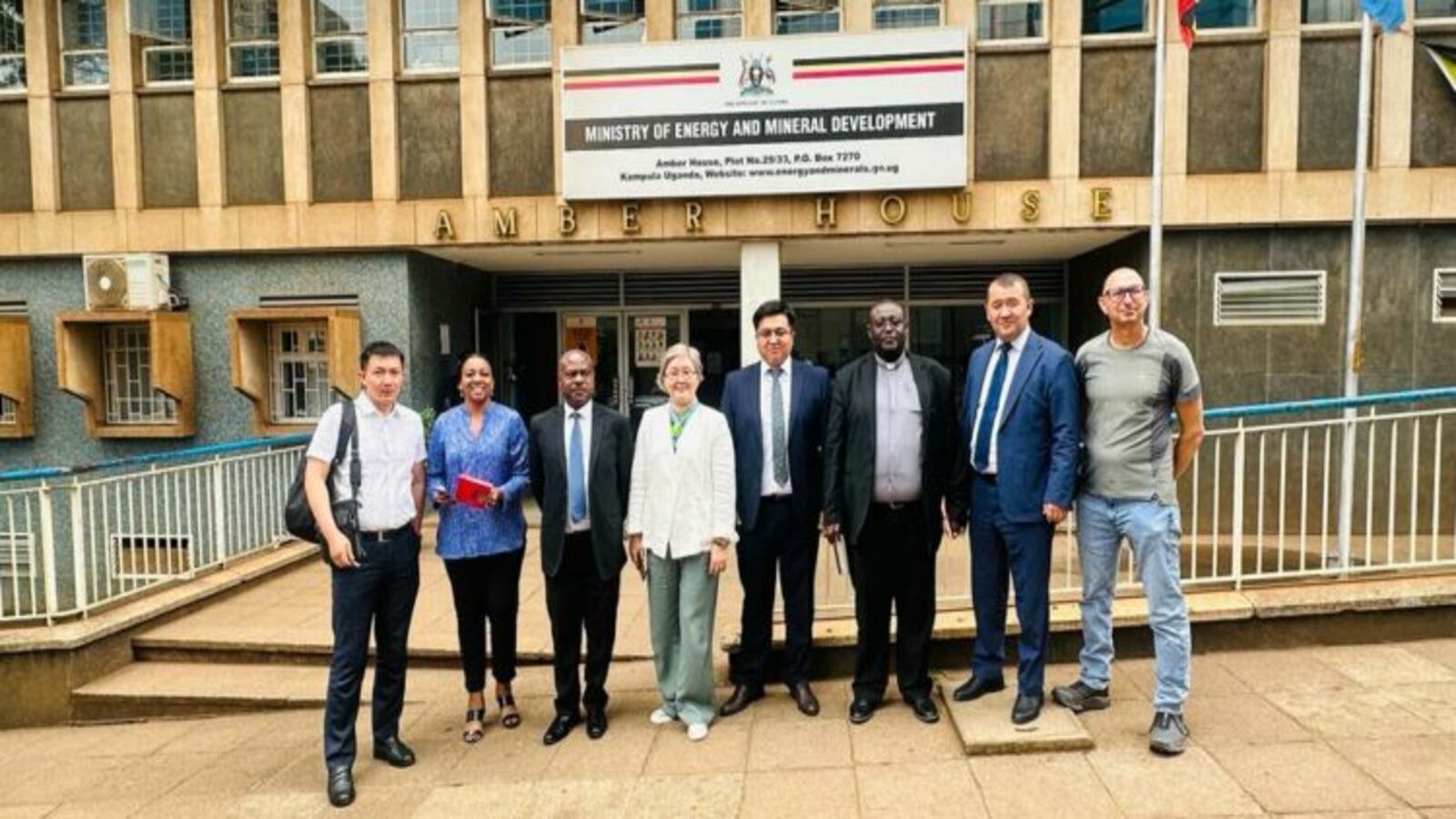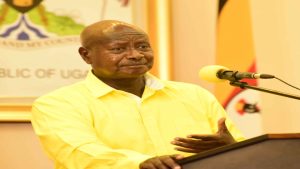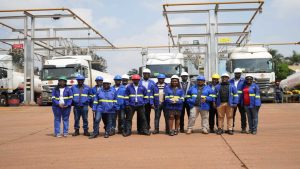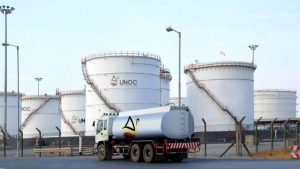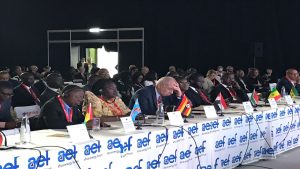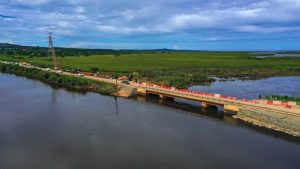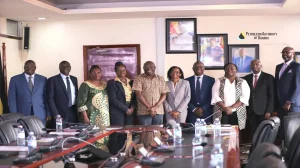Share
A Kyrgyz group is in Uganda to evaluate the FMQP (Fuel Marking and Quality Control Program) there. In the Tian Shan and Pamir mountain ranges of Central Asia, the landlocked nation of Kyrgyzstan, also known as the Kyrgyz Republic.
Uganda has been using the FMQP since November 2012 to reduce/eliminate transit petroleum smuggling or dumping, manage fuel adulteration, and promote equal playing fields in downstream petroleum activities by banning unfair trading practices.
The Uganda National Bureau of Standards and the Ministry of Energy and Mineral Development are responsible for carrying out the initiative.
On Tuesday, a six-person team from the Ministry of Finance’s State Tax Service of Kyrgyzstan met with MEMD technocrats at Amber House in Kampala. Additionally, it stopped by the Ministry’s Downstream Laboratory, a few gas stations, border operations at the Malaba and Busia border crossings, and spoke with SICPA, the Ugandan organization responsible for fuel marking.
Rev. Frank Tukwasibwe, the Commissioner of the Petroleum Supply Department at MEMD, welcomed the delegation to Uganda and said that the government can recoup revenue thanks to the fuel marking scheme, which has helped Uganda reduce smuggling by up to 99.2%.
Rev. Tukwasibwe stated that “fuel marking helps us ensure free and fair competition because fuel meant for Uganda ends up in Uganda,” adding that many nations visit Uganda for benchmarking.
Bekbolot Aliev, the leader of the Kyrgyzstan team and Deputy Chairman of the State Tax Service, stated that the Fuel Marking Program is one of the reforms being considered by his administration as it embarks on reforms to increase domestic revenue mobilization.
“The State Tax Service decided to undertake this visit to Uganda to better understand other viewpoints, learn about international experiences, and conduct due diligence on the fuel marking being implemented in other countries.”

